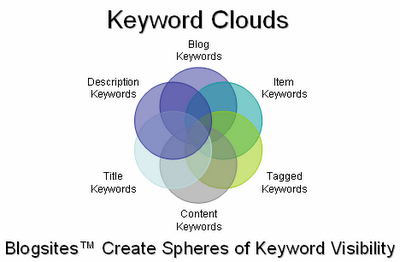Common Search Engine Optimization(SEO) Mythology
There are many SEO mythologies floating around on the SEO world. Some are valid, and some never worked ever. It is very important to know what these are so here are list of the biggest SEO myths you need to be aware of so you can avoid them:
Myth: You need to submit your website manually to all major search engines to get it into their index. Actuality: Not true. Search engines prefer to find new sites through backlinks. Through backlinks you could be indexed within 48 hours.
Myth: In order to get indexed to many search engines, you should use one of those search engine submission services.
Actuality: Not true. The only search engines to worry about are Google, Msn, Yahoo, and Ask. Get into these, and you have covered around 98% of the market.
Myth: Meta tags are only important thing for good ranking. You must pay attention to these if you want the search engines to index you, and correctly.
Actuality: True and false. While some search engines look at meta tags like keywords and description, most search engines like Google look at the content of the page. Just build content and backlinks if you want to increase your ranking.
Myth: Today PageRank is dead.
Actuality: Not true. Today Pagerank is as importatn as ever with Google.
Myth: All you need is more & more links.
Actuality: Not true. Links into your site need to be related to your content. So called "link farms" which are lists of hundreds of unrelated sites will lower your pagerank. So quality is more important than quantity.
Myth: SEO doesn’t require patience.
Actuality: Not true. SEO requires, not only patience but research, thought and time invested into it. For better result you should have patience.
Myth: New sites can not get listed in search engines.
Actuality: Not true. Good and well SEO optimized websites can get indexed in a s little as 48 hours.
Myth: Meta tags – all are equal and important
Actuality: Not all Meta tags are important, though few of them are. Search engines prefer better content than the Meta tags. Some search engines don’t follow description tag and the same is true for keywords also.
Myth: SEO demands too much expenditure.
Actuality: Not true. SEO can be called the most economic form of online marketing. Organic SEO is very cost effective than the sponsored or banner advertising.
Myth:PPC is better than SEO.
Actuality: It can be true but not for long term. This you can analysis for yourself. Almost all searchers rely on organic seo because they find sponsored ads seldom relevant. Users trust organic search results more than sponsored pages. In PPC, though, you are visible in the search page but it is for a short term only whereas if you get good ranking in organic seo, people will definitely hit your website.
Myth: Homepage Optimization is enough for effective seo.
Actuality: Many think only homepage can be optimized with keywords, and it is enough for better ranking. But, you can optimize all pages of your website with keywords. Every page should have its own keywords, it can show better ranking results.
Myth: Guarantee is possible in SEO.
Actuality: Many SEO companies give guaranteed ranking and optimization. But, in reality, no one can guarantee ranking in any search engines. SEO is a never ending process and one need to optimize the site intermittently. So these guarantees are just
a bait to lure gullible companies.



